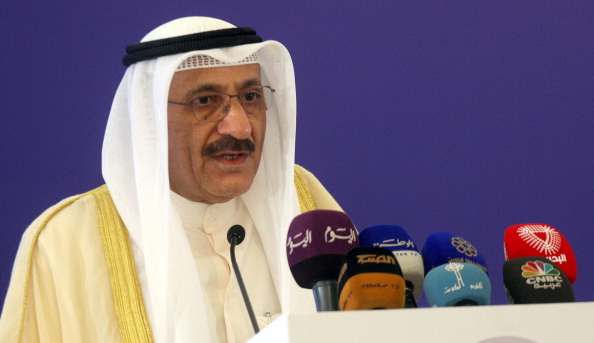Kuwait Oil Minister’s Resignation Accepted
Hani Hussein came under pressure from lawmakers wanting to question him over a $2.2 billion compensation payment to Dow Chemical Co.

The resignation of Kuwait’s oil minister Hani Hussein has been accepted, local media reported, after he came under pressure from lawmakers wanting to question him over a $2.2 billion compensation payment to Dow Chemical Co.
Earlier this month the parliament speaker said some members of the cabinet had offered to resign, without giving details. Hussein’s resignation was accepted on Sunday, al-Rai and al-Watan newspapers reported on their websites, citing sources.
Under Kuwait’s constitution the ruling emir needs to approve any resignations. Officials at the oil ministry were not immediately available to comment on the reports.
Ministerial changes do not generally affect oil policy in the OPEC member state because it is set by a supreme petroleum council.
Hussein, a former chief executive at state oil company KPC, was appointed oil minister in February 2012.
Lawmakers said earlier this month they wanted to interrogate him in parliament over the compensation payment to Dow by state chemicals company PIC, which pulled out of a planned joint venture with the U.S. company in 2008.
Along with rejecting legislation, such questioning sessions are one of the main ways MPs assert their influence under limited parliamentary powers. In the past such sessions have led to no confidence votes that can oust a minister. The parliament is due to hold a session on Tuesday.
The parliament has been caught in a long-running power struggle with the appointed government, in which ruling family members hold some top posts. The political row has delayed reforms and investment in Kuwait, a major oil producer.
Analysts say MPs often use interrogation sessions to settle personal scores and attract support in their constituencies, but MPs argue they are holding the government to account in the most democratic country in the six-nation Gulf Cooperation Council.
